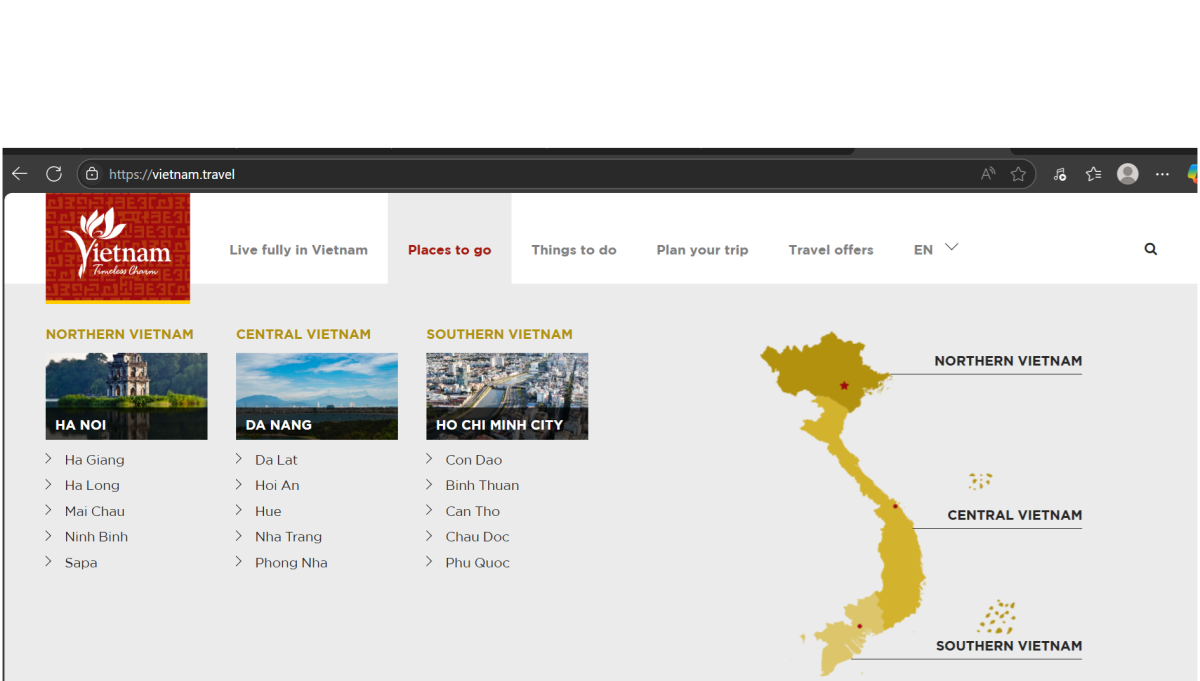
Vietnam Travel application interface of Vietnam National Administration of Tourism .
Digital technology applications for tourism
According to experts, the smart use of technology helps tourism activities become more modern, optimal, efficient, convenient, meeting the diverse needs of tourists and businesses, state management agencies on tourism, towards sustainable development. One of the tourism trends that will develop strongly in the coming time is individual tourism and independent tourism. More and more tourists are demanding to design their own, private itineraries, supported by tools such as Al, chatbots, and digital applications. In addition, many tourists, especially young tourists, often proactively search for information and design their own travel itineraries through digital platforms.
According to information from the Tourism Information Center (Vietnam National Administration of Tourism), promoting the application of Industry 4.0 technology to develop a smart tourism ecosystem, meeting the increasing needs of tourists in the digital age, supporting effective connections between state tourism management agencies, businesses and tourists is one of the important contents being promoted by the Vietnamese tourism industry as well as localities.
Currently, the shared digital platforms that form the basis for the smart tourism ecosystem in the industry have been developed and put into operation by the Vietnam National Administration of Tourism, including: Vietnam tourism database system; Tourism statistical reporting software from the central to local levels; National tourism application "Vietnam Travel"; Viet Card - Smart tourism card. Tourism management and business application; Vietnam tourism yellow pages; "Online - interconnected - multimodal" electronic ticket system; Multimedia explanation system.
Some moves of provincial tourism
In recent years, the strong development of information technology has become a driving force for the development of the province's tourism industry. According to tourism industry data, currently in the province, about 90% of tourism businesses apply 4.0 technology to their strategies for promoting and communicating the image of their services, products and services and those of the locality. In addition, tourism businesses have actively invested in building, designing and refining social networking channels such as Facebook, Zalo, Instagram, Tiktok to build their own content to introduce and promote their tourist destinations. Currently, tourism application services such as online accommodation and tour booking services have met the needs of tourists in the new period. At tourist destinations in the province, accommodation establishments have promoted non-cash payment methods, suitable for the habits and convenience of modern tourists.
Regarding digital infrastructure in tourism, it is clear that hotels, restaurants, and entertainment venues all have free wifi. In particular, cultural and historical relics in the province are being converted, information is encoded, and VRG 360 virtual reality to serve visitors. These include: Nguyen Dinh Chieu Tomb and Memorial Site; Dong Khoi Ben Tre Relic, Saigon - Gia Dinh Party Committee Base National Relic and Nguyen Thi Dinh Memorial Site. The provincial tourism industry will continue to perfect the explanation system via QR codes at cultural and historical relics in the province to convey information to visitors in the most basic, convenient and fastest way possible.
AI Impact Trends in Tourism
For tourism, digital transformation is inevitable and objective. When applying digital technology, especially artificial intelligence (AI), smart platforms will bring added benefits to the tourist experience, the quality of tourism services and contribute to enhancing the value of destinations. Moreover, digital technology also contributes to improving the effectiveness of tourism promotion and increasing the attractiveness of tourism products.
According to author Lasse Rouhiainen - an in-depth researcher on artificial intelligence (AI), tourism may be affected by AI in the near future. One of the trends that can be seen is the development of customer care services using AI. Currently, both Amazon (Alexa) and Apple (Siri) want to deploy operations in hotel rooms around the world, serving as virtual assistants by activating devices and answering basic questions for tourists, making the tourist experience more efficient and modern. Or the trend of chatbots for tourism services. AI-based chatbots will soon play a role as the main method of interacting with customers at many tourism businesses.
In addition, tourism professionals are now looking to accelerate the creation of new tourism products based on travel reviews. With the advent of big data analytics and AI, it is now possible to analyze large volumes of travel reviews and comments to identify potential demand for new business opportunities in the tourism industry. AI not only helps analyze data and improve tourism products, but can also use this to recommend new tourism products to tourism establishments based on visitor feedback.
AI will open up the trend of smart tourism in smart cities as urban areas are being invested in construction today. Thanks to the conveniences of digital technology and AI, tourists will have modern travel experiences in technology cities with virtual travel assistants, even virtual tour guides. In addition, language translation applications will help tourists communicate better anywhere in the world, making the travel experience easier and more enjoyable.
Article and photos: Thanh Dong
Source: https://baodongkhoi.vn/du-lich-thong-minh-trong-boi-canh-xa-hoi-so-20062025-a148442.html



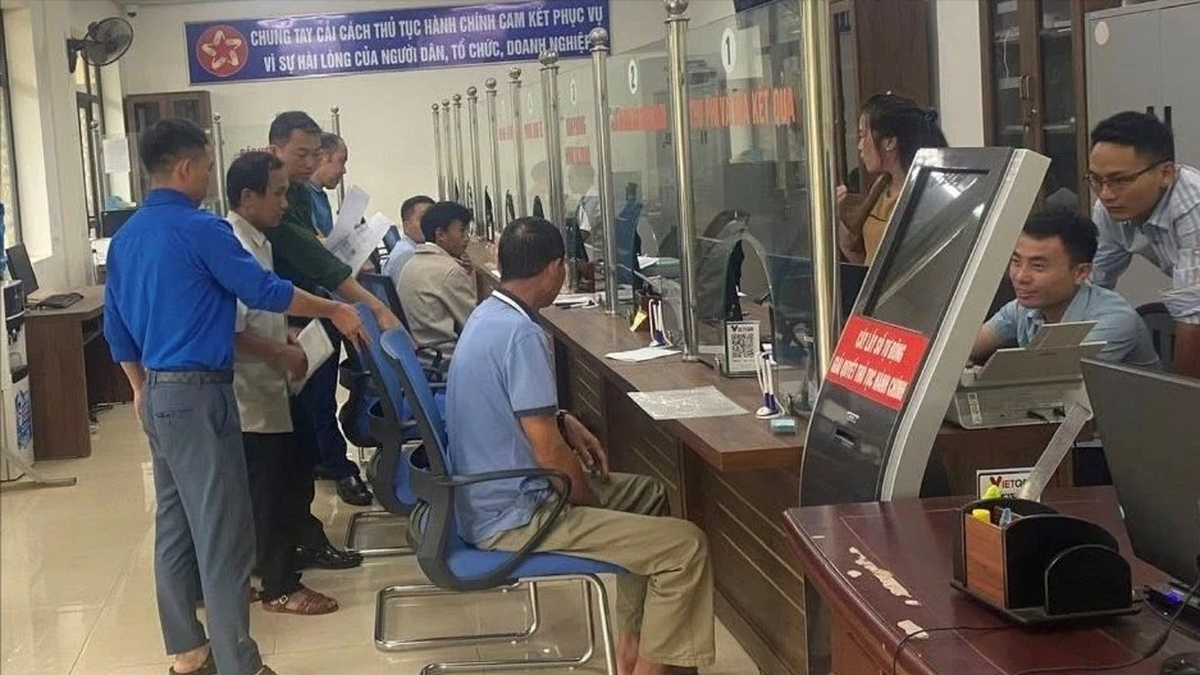


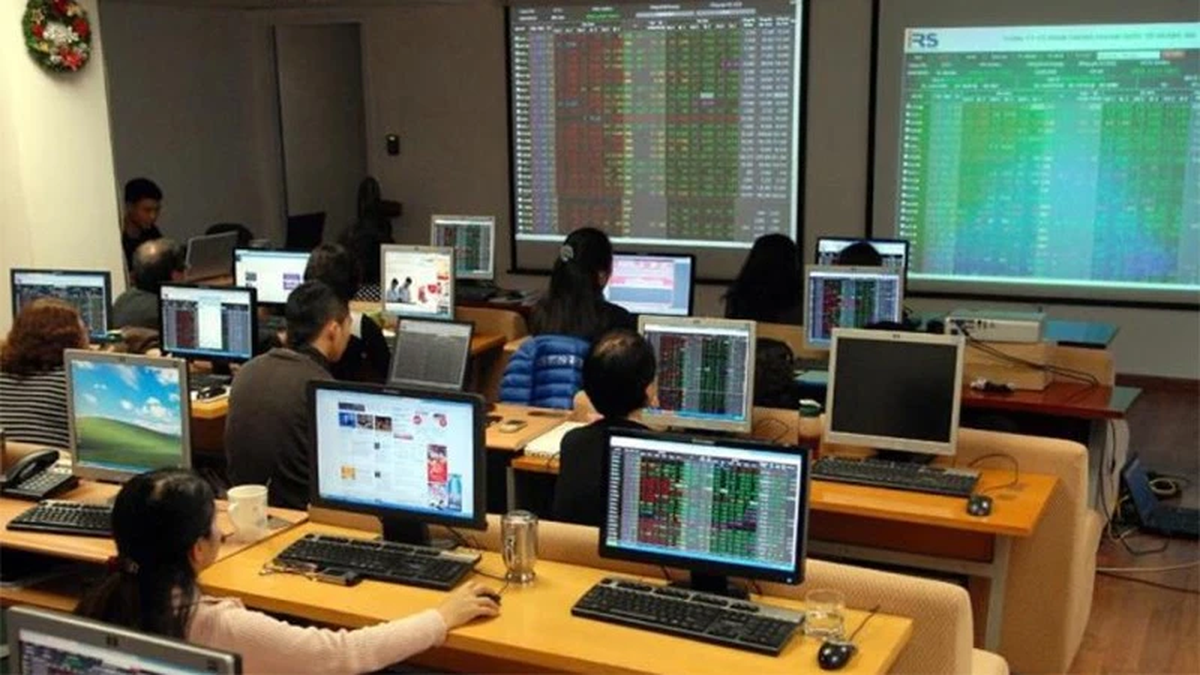




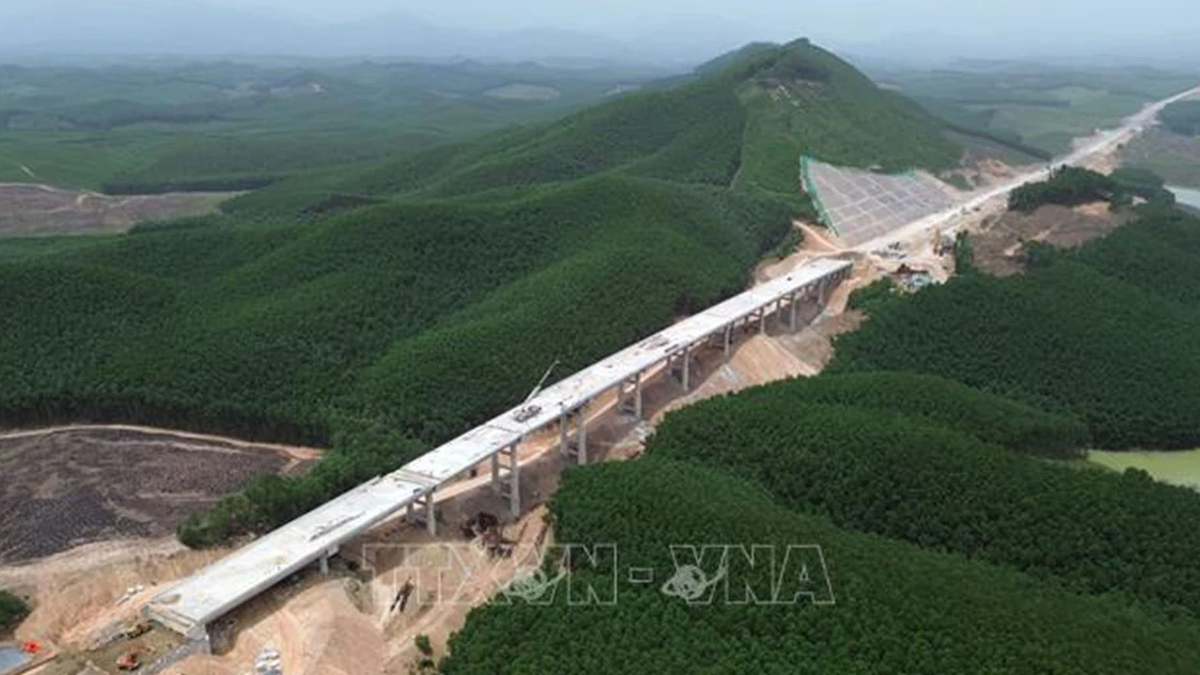










![[Photo] Nghe An: Provincial Road 543D seriously eroded due to floods](https://vphoto.vietnam.vn/thumb/1200x675/vietnam/resource/IMAGE/2025/8/5/5759d3837c26428799f6d929fa274493)








![[Photo] Discover the "wonder" under the sea of Gia Lai](https://vphoto.vietnam.vn/thumb/1200x675/vietnam/resource/IMAGE/2025/8/6/befd4a58bb1245419e86ebe353525f97)























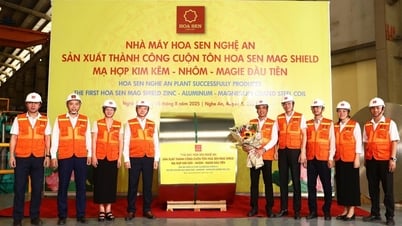
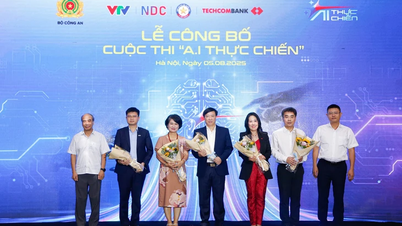












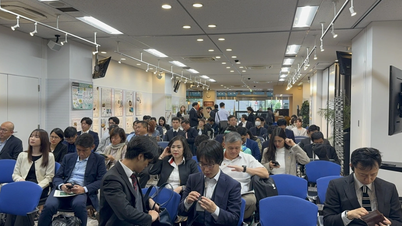






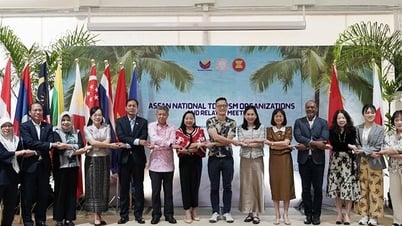

















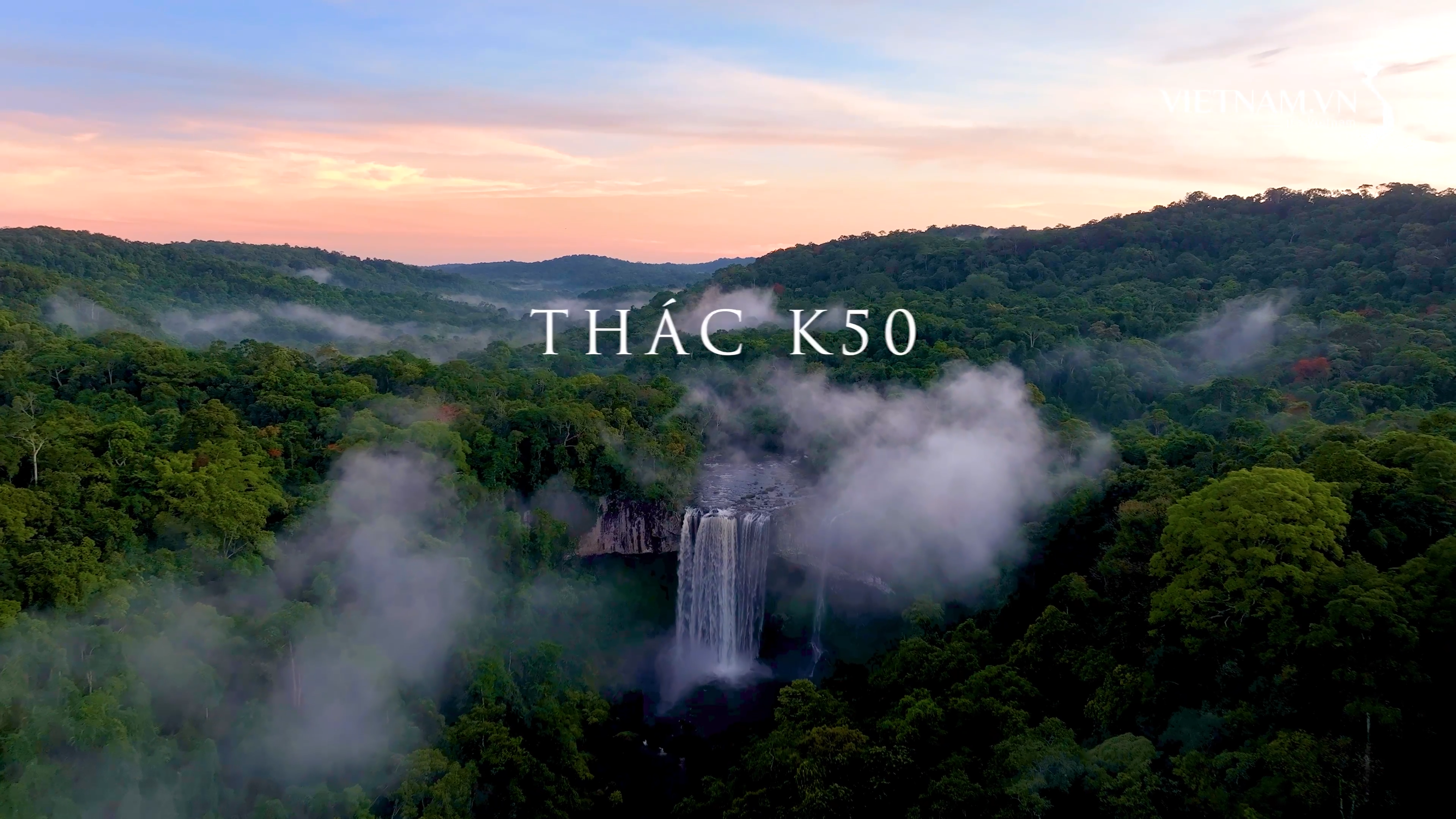

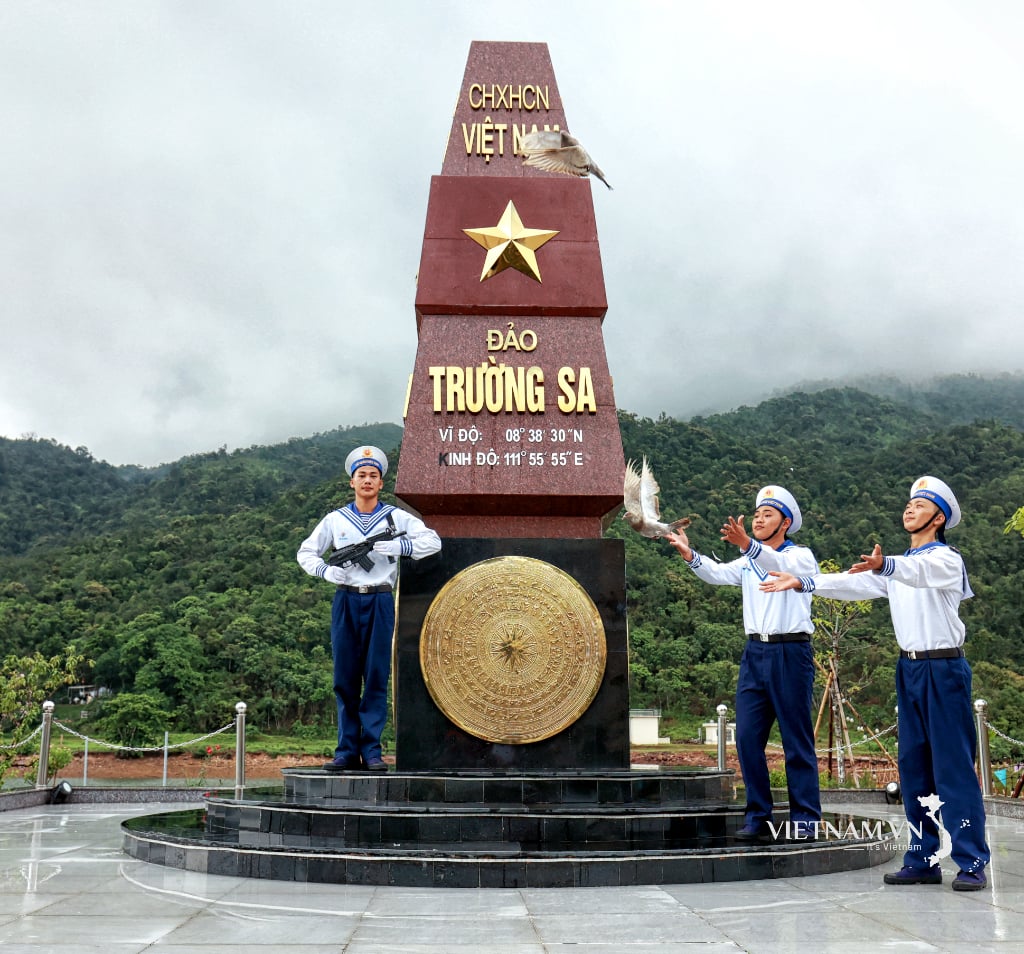
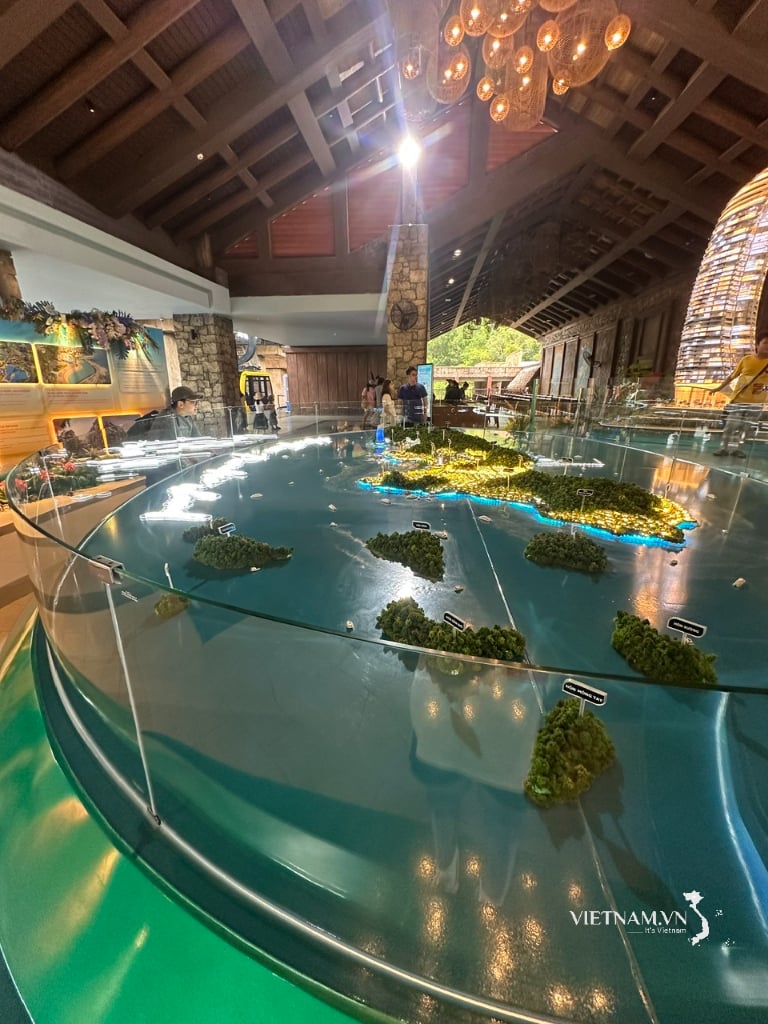
Comment (0)